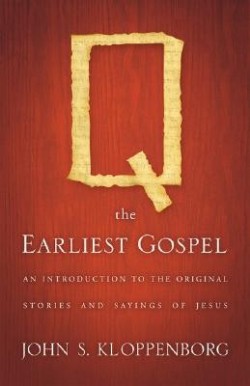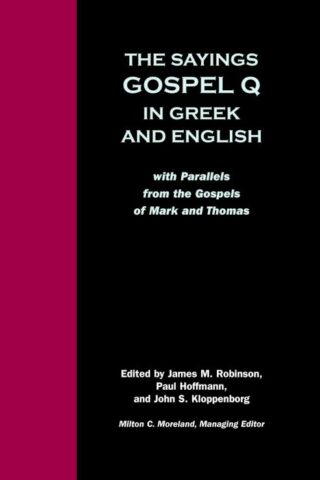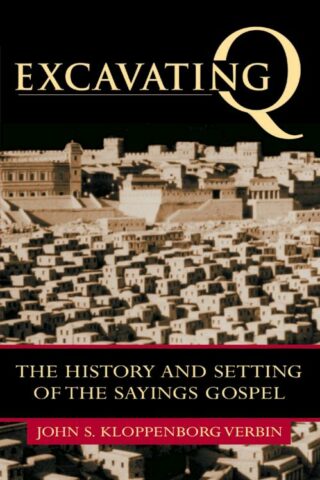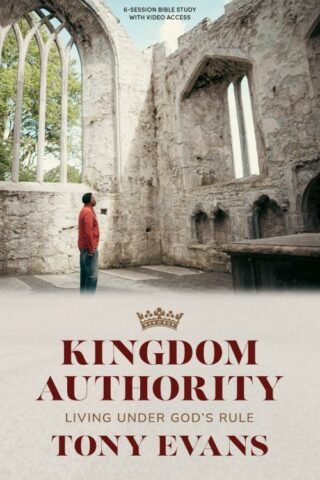John Kloppenborg
Showing all 4 resultsSorted by latest
-
Q The Earliest Gospel
$30.00Did the lost gospel known as “Q” exist? What is its significance to modern Christianity? In this thought-provoking study, Kloppenborg contends that this “sayings gospel” predated the Synoptic accounts and focused not on Jesus’ salvific death but on his nature as a prophetic critic of unbelief and his vision for a just society.
Add to cartin stock within 3-5 days of online purchase
-
Sayings Gospel Q In Greek And English
$48.33The International Q Project has been working for many years to establish the text of Q–the source for sayings of Jesus utilized by both Matthew and Luke. This edition provides a student version that includes both Greek text and English translation of the Sayings Gospel Q. In addition, it includes a glossary of Q’s vocabulary, with English definitions. The introduction provides orientation for the student on the nature of Q and a brief history of research.
Add to cartin stock within 3-5 days of online purchase
-
Excavating Q : The History And Setting Of The Sayings Gospel
$65.00In this tour de force, the author offers a comprehensive introduction to the study of Q. Part I deals with the methods for studying Q, their presuppositions, and a survey of current research. Part II addresses more theological and theoretical issues relevant to the Synoptic Problem Q as a document, its redaction, and its social setting.
Add to cartin stock within 3-5 days of online purchase
-
Formation Of Q
$86.58In this groundbreaking study, Kloppenborg uses genre criticism and redaction criticism to examine the composition and developement of the sayings source Q. He argues that Q is composed of three compositional layers, or strata, each of which reflects certain stages of developement in the Q community.
Add to cartin stock within 3-5 days of online purchase














